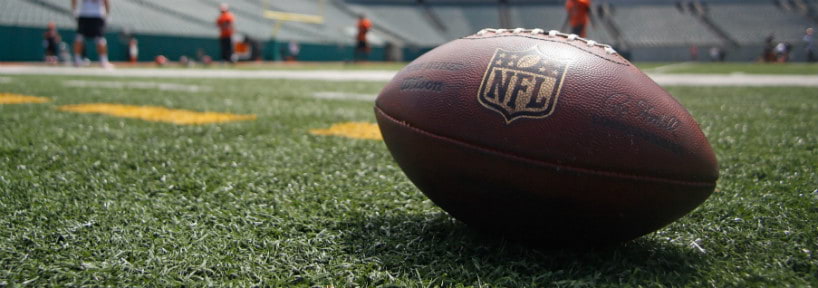What's The Moneyline In Sports Betting

Moneylines are the primary betting option in a number of sports. In sports like baseball and hockey, that’s the main way the betting goes as players simply decide which team will win the game.
A moneyline bet in sports refers to a wager on the winning team. The biggest difference between a moneyline bet and a spread bet is that the former doesn't involve points.
For example, the Philadelphia Eagles are a -6 point favorite over the New York Giants, but that number doesn't matter for the moneyline. The other part of the odds is that the Eagles are a -150 favorite to win, whereas the Giants are a +180 underdog to win. A moneyline bet would be a bet on -150 or +180. If you bet $100 on the Eagles to win at -150, you would net a payout of $166.70. If you bet on the Giants to win at +180, the payout would be $280 because they are an underdog.
In most cases, the favorite will have a ' - ' in front of its moneyline odds while the underdog will always have a '+ .' There are some cases in which the favorite is barely expected to win, often in a sport like soccer, where both teams will have a ' + ' in front of their moneyline odds. That's more often the case in soccer since draws are a possibility, whereas a winner is declared in almost every other sport because of overtime rules.


What Is The Moneyline In Sports Betting
- Money line bets can seem a little confusing at first, especially for the bettor who has traditionally wagered their money on the point spread. The money line is actually the most straightforward bet you can have.
- Moneylines are easy bets to make. You are simply betting on who you think will win the game, which is much better easier to predict than how much a team will win a game. The final score is irrelevant as.
- What is a moneyline in sports betting? A moneyline bet in sports refers to a wager on the winning team. The biggest difference between a moneyline bet and a spread bet is that the former doesn't involve.